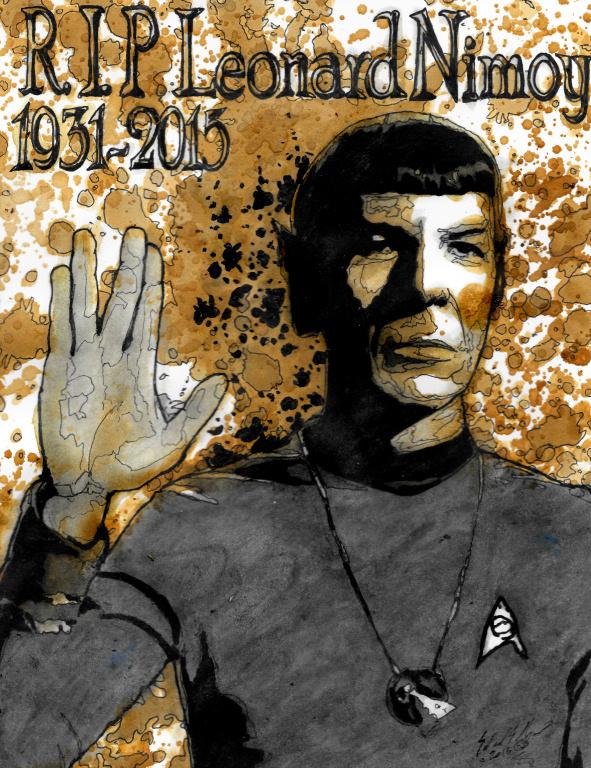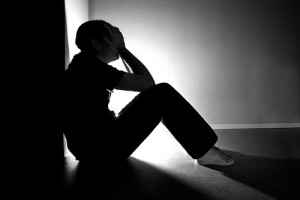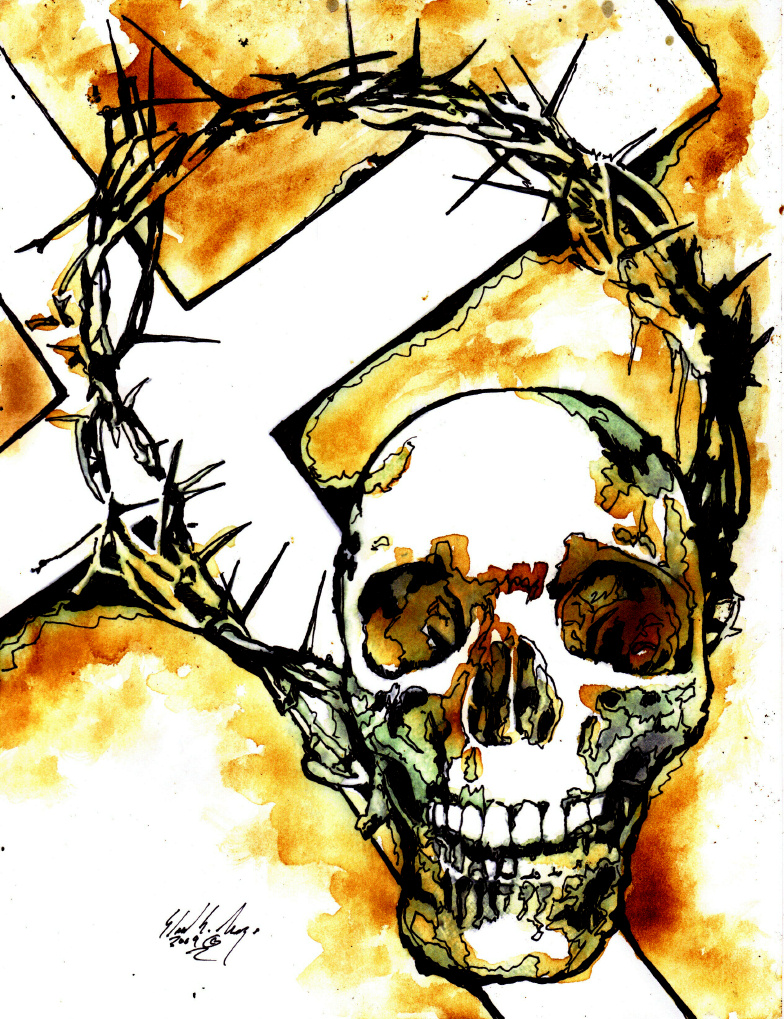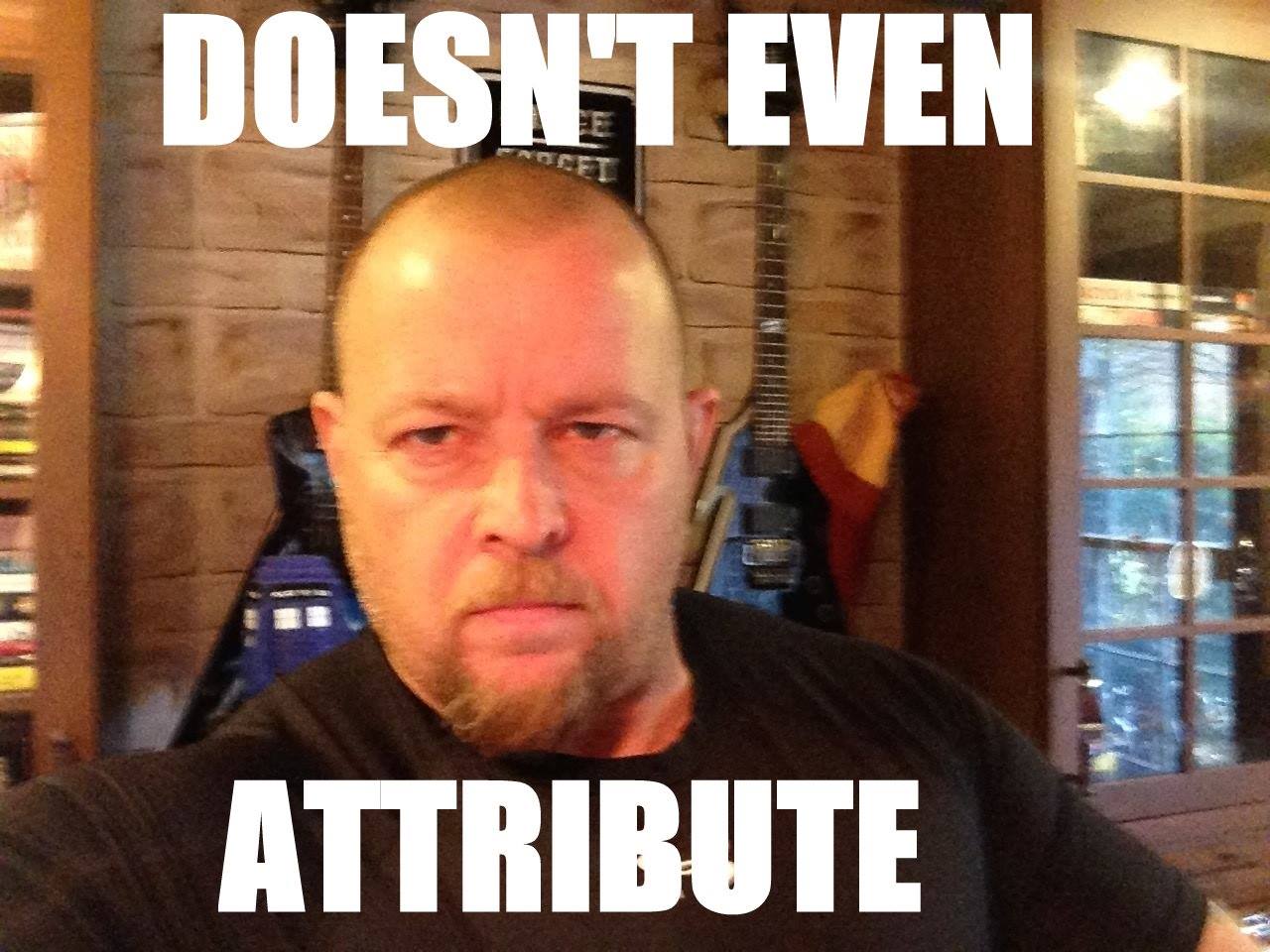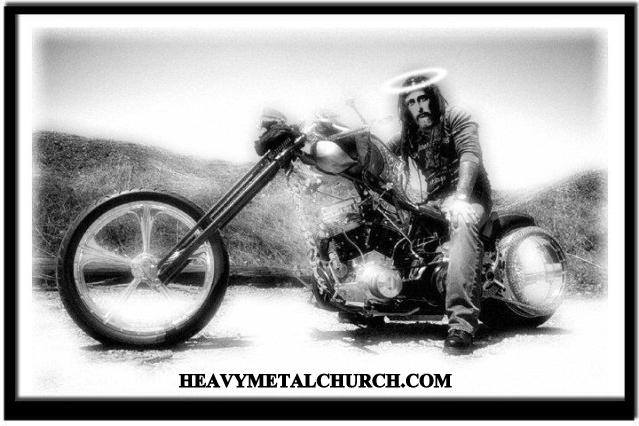Back when I was a binge-eating, 280-pound pile of waste, I’d hide in my room for hours, sometimes days, watching Star Trek. Since my life was such a mess, hiding in the world of science fiction was only natural.
Now, when I’m in the same space as someone wearing the plastic pointy ears and Klingon forehead (go to the premier of any Star Trek movie and you’ll understand), I feel more like the punk on the bus in “Star Trek 4.”
I used to channel my OCD on movies and TV shows with larger-than-life heroes and villains. Star Wars. Superman. Star Trek. It beat the hell out of real life.
I guess it started when I was around 8 and first starting to get really sick from Crohn’s Disease. I had just gotten out of the hospital in December 1978 when “Superman: The Movie” first came out. It was the best possible escape from reality I could have found at the time.
I saw it repeatedly — first in the theaters and then whenever it was on TV. One afternoon, when it was set to premier on HBO, a coastal storm knocked out the power and deprived me of the movie. I flipped out.
It was the same thing with the Star Wars movies. Pretending I was a Jedi or crackerjack X-wing pilot was much more satisfying than being the fat, sick child whose home life was high tension as my parents’ marriage disintegrated.
Even as a young adult it was better to live in the world of make-believe than to accept life as it truly was. A lightsaber really would have come in handy. So would the power to choke people and control their actions just by telling The Force it’s what you wanted.
Which brings me back to Star Trek.
This was the obsession of my 20s, particularly the Next Generation. As a young pup working my way up the newsroom ladder under intense deadlines that in hindsight really weren’t all that intense, I would act like a young lieutenant on the bridge of the Enterprise, saving the day while Romulans were trying to blow up the ship.
Remember the Star Trek juror, the woman who insisted on appearing for jury duty in a Starfleet uniform? When a colleague jokingly called me the Star Trek juror, I was genuinely insulted.
Fast-forward a decade or so. If Star Trek is on I’ll watch it. But unlike the old days, I usually have better things to do.
My whole perception of film has changed, in fact. Instead of daydreaming about the hero of the film for days after seeing it and wishing to God I was something a little more than what I was, I watch a movie and simply enjoy it.
You’ve heard the so-called Trekkies before: Star Trek is all about a future that could be, where money is no longer important, everyone has enough to eat and you can trade your blow-up doll for something a lot more realistic in the holodeck.
Ever since bringing my OCD under control and emerging from my wannabe fantasy land, I’ve noticed more than a few kinks in the Star Trek armor:
–There are a lot of aliens with mental baggage who like to blow up planets and kill off entire civilizations. When I struggled with my own mental baggage, I hurt myself all the time. But I never once considered blowing up some poor bastard’s planet. Does that make me oddly heroic?
–People get drunk off of beverages with “synthahol” instead of alcohol. Apparently you avoid hangovers by getting drunk this way. The problem with that is you gotta feel some pain to realize you’re a little too reliant on the sauce.
–Those food replicators would be disastrous for a compulsive binge eater like me. I’ve mentioned how I used to lie about what I was doing and cover my tracks. These contraptions would make it a lot easier for me to do that. I don’t want it to be easier.
–Those holodecks are like my old movie fascination in a nutshell: A fake world you could get lost in. When you can recreate all the things that give you pleasure, why would you ever leave? And if you stayed in there all the time, think of the much cooler — and real — stuff you’d be missing.
The real world as I know it is far from perfect. The demons are still in my head and there’s still a lot of pain that gets forced on us. A transporter would certainly be better for travel than sitting on Interstate 93 for two hours.
But the real world has been a lot nicer to me since I learned to accept it for who it is.
Image by EddieTheYeti:
